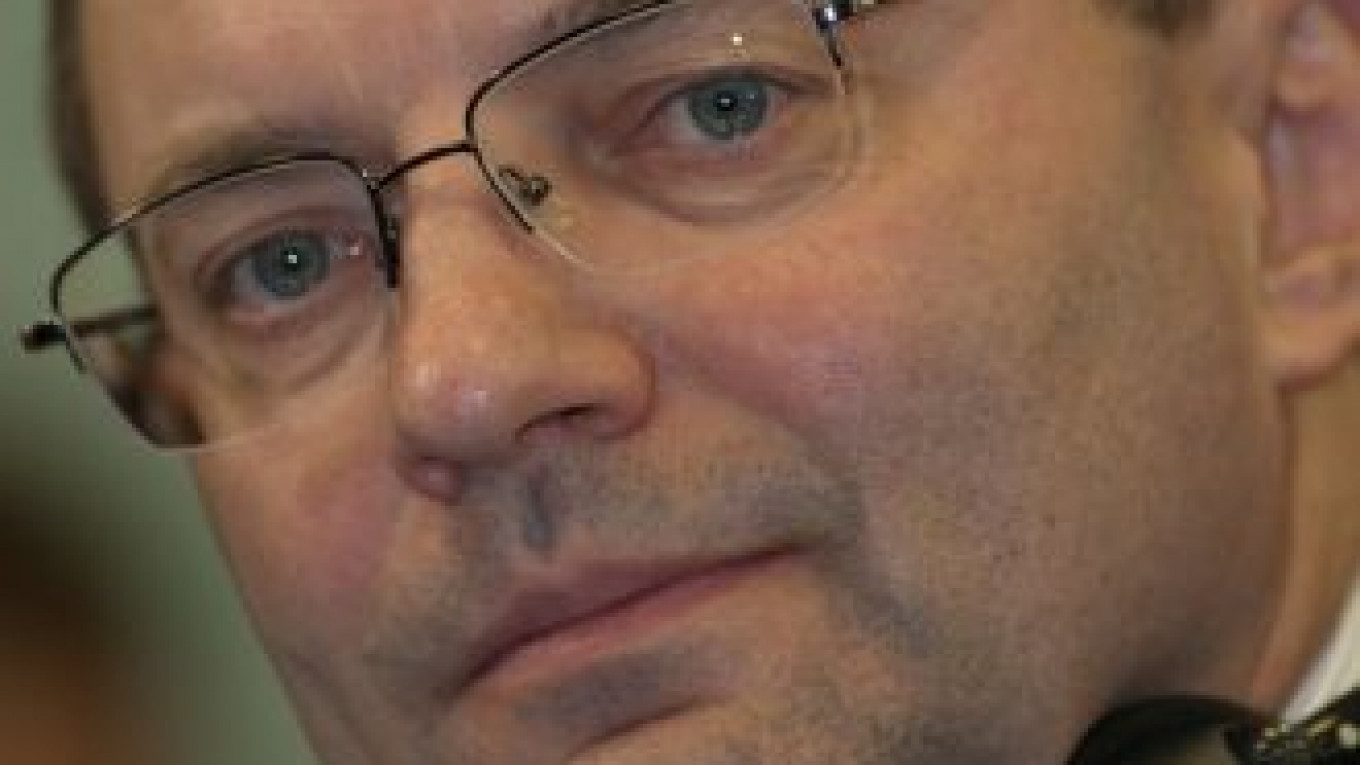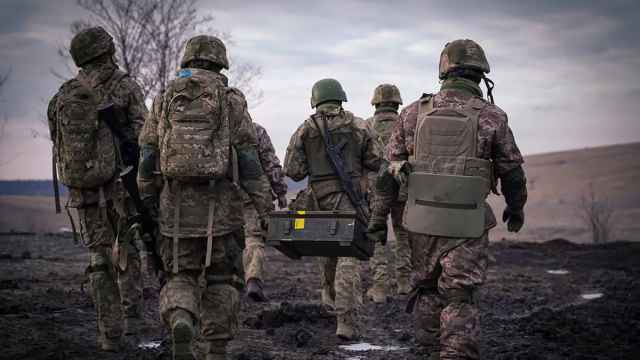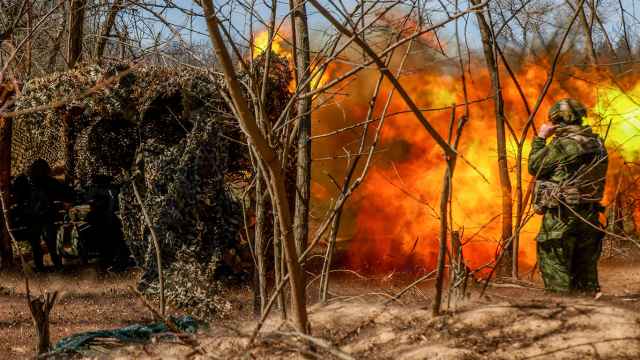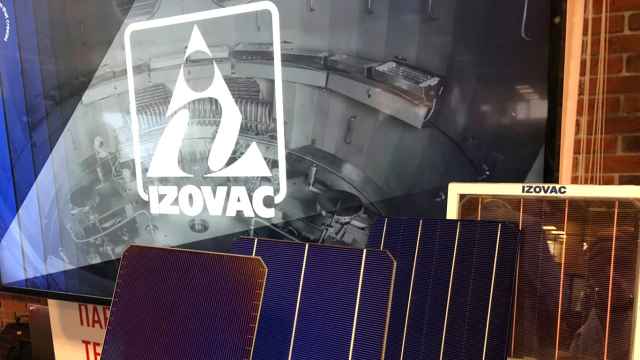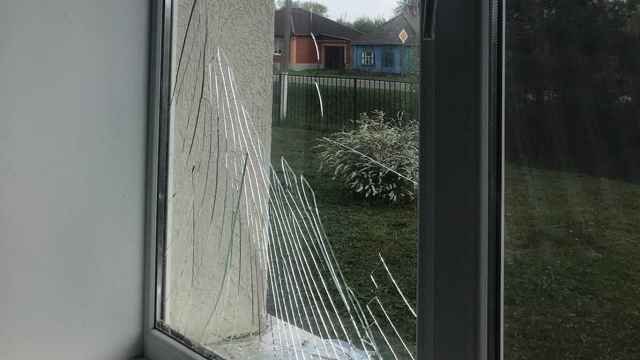The Sverdlovsk region has everything investors need as it accelerates diversification, Governor Alexander Misharin said at an American Chamber of Commerce event Wednesday.
Displaying no signs of long-term effects from a near-fatal car crash that he suffered in Dec. 2011, Misharin boasted that his region has some of the best infrastructure available and great potential. He emphasized efforts to diversify the economy. “Our region is the richest mineral treasure in Russia, but we have given ourselves the goal of diversifying the economy via the development of machine building and high value-added products.”
Misharin said his efforts are bearing fruit, with industrial production having risen annually for the last three years, hitting 7 percent in 2011 — above the national average of 4.2 percent.
The region relies heavily on exports, which are made up of 53 percent metals, 27 percent chemical products and 10 percent machinery.
“We have created new manufacturing, like our train-building business — now 40 percent of all trains built in Russia are made in Sverdlovsk,” Misharin said. The governor also highlighted a growing pharmaceutical equipment and medical technology sector.
Standard and Poor’s public finance director Boris Kopeikin said Sverdlovsk, whose capital is Yekaterinburg, has an impressive rating, with stable economic development and low debt.
“Our rating [for Sverdlovsk] is a BB+, which is very high for a Russian region,” he said. “Of 17 [regions], only four have ratings that are even higher — Moscow and St. Petersburg as well as Khanty-Mansiysk and Yamal Nenets [autonomous regions], where half of Russian oil and gas is located.”
Sergei Lednov from VSMPO-Avisma, the world’s leading titanium manufacturer and a partner of Boeing, said Misharin, himself, makes the region attractive.
“He undertakes new projects, resolves problems on the level of Russian government,” Lednov said.
Investment in the region increased 28 percent last year and 20 percent the year before, Misharin said. The governor credits good transportation infrastructure as one of the prime reasons for this growth.
“More than 40 Russian and international airlines fly from here to over 80 countries worldwide,” he said.
His administration is actively involved in the Titanium Valley project, which will make it one of only four industrial special economic zones in the country.
Vardan Avakyan, area director for Eastern Europe for elevator and escalator maker Otis, said his company uses Sverdlovsk’s location as a base for investment activities in other regions.
“Our Yekaterinburg team is working in Azerbaijan, in Georgia. Just a couple of months ago, a team moved to Russky Island in the Far East,” he said. “We develop local expertise in Yekaterinburg and use this team to cover the area beyond the Far East and Siberia.”
A Message from The Moscow Times:
Dear readers,
We are facing unprecedented challenges. Russia's Prosecutor General's Office has designated The Moscow Times as an "undesirable" organization, criminalizing our work and putting our staff at risk of prosecution. This follows our earlier unjust labeling as a "foreign agent."
These actions are direct attempts to silence independent journalism in Russia. The authorities claim our work "discredits the decisions of the Russian leadership." We see things differently: we strive to provide accurate, unbiased reporting on Russia.
We, the journalists of The Moscow Times, refuse to be silenced. But to continue our work, we need your help.
Your support, no matter how small, makes a world of difference. If you can, please support us monthly starting from just $2. It's quick to set up, and every contribution makes a significant impact.
By supporting The Moscow Times, you're defending open, independent journalism in the face of repression. Thank you for standing with us.
Remind me later.


